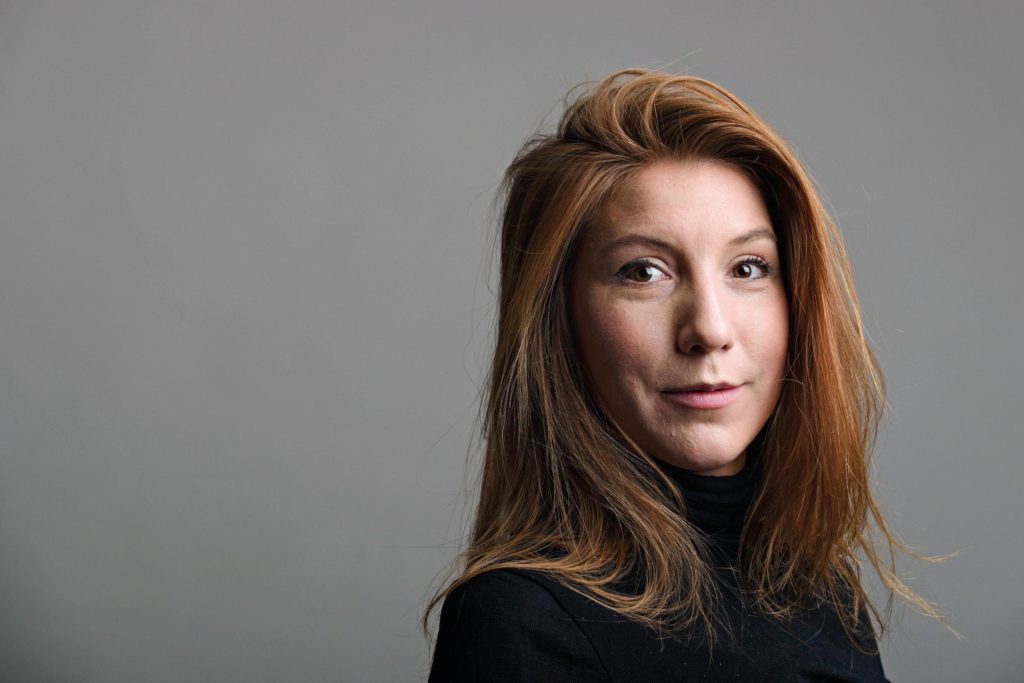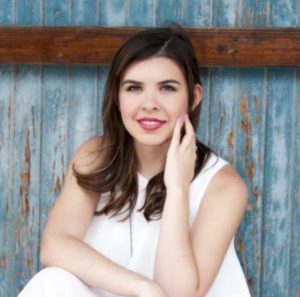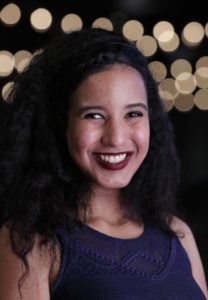Female freelancers consider their own safety after Kim Wall disappearance, death

Journalist Kim Wall showed up to interview inventor Peter Madsen, envisioning a feature about homemade submarines. That story, however, will never be written.
Wall was found dead in Copenhagen local waters this August. Madsen, who has been charged in Wall’s death, denies involvement.
The story of Wall’s death and disappearance is a cautionary tale for female freelancers.
Freelancers, journalists who operate as an independent contractors, have grown in demand since the 2008 recession, when newsrooms drastically cut their staffs. This shift resulted in more independent journalists sent out to report with little institutional support. That lack of backing — financially, legally, and otherwise — has some journalists, especially women, worried.
“People who have the support of an institution, like a media outlet, are just better prepared and have more resources in terms of maintaining their safety,” said Hannah Bae, a journalist who formerly freelanced in South Korea.
Women everywhere face safety concerns when they’re walking alone after dark or navigating an unfamiliar place. But female reporters often put themselves in precarious situations so they can get the story.

Journalism student and freelancer Cat Cardenas is often on high-alert when she’s sent out on assignments by herself.
“It’s just usually me and the interviewee,” Cardenas said. “And so there’s been lots of times when I’ve been alone at a bus top. Or when I didn’t have a car, I was having to walk down the streets by myself.”
These concerns haven’t stopped women from taking on risky assignments.
Cardenas recalls a time her phone died while reporting alone in an area she was unfamiliar with. If something were to happen to her, she had no means of contacting anyone.
“I could call out to somebody, but nobody was around to even hear me,” Cardenas said.
Sruthi Gottipati, an editor at Worldcrunch, an international media company, has said because women don’t want to turn the focus onto their gender — or present themselves as a liability to their news organization — they often don’t talk openly about how uncomfortable or unsafe they can feel.
“They clam up about the dangers they face and sometimes report before being commissioned to do so,” Gottipati wrote in an opinion piece for The Guardian.
Turner Cowles, a freelance video journalist who attended Columbia University with Wall, worries that news organizations aren’t doing enough to protect their female freelancers.
As a male reporter, Cowles thinks less about his own safety than the safety of his female colleagues reporting in dangerous places.

“Those stories aren’t uncommon,” Cowles said of female journalists being violently targeted. “[Media companies are] not doing enough in terms of preparation ahead of time.”
Some women in journalism suggest safety training for freelancers to ensure they’re equipped to handle various circumstances. Cardenas also suggested pairing freelancers up with another journalist to ensure reporters aren’t sent out on risky assignments alone.
But no matter what news organizations do, Bae thinks it’s important for female freelancers to listen to their gut when deciding whether to pursue a potentially dangerous story.
“Our jobs are important, and shedding light on the truth is important,” Bae said. “But our lives are also important too.”

Ala’a Ibrahim loves trash TV, and she’s not shy to admit it.
She especially likes reality shows – The Real Housewives of Dallas is a favorite (partly because she’s from Texas).
“My secret’s out,” Ibrahim said. “I’m embracing it now.”
Born in Oklahoma and raised in Houston, Ibrahim enjoys visual storytelling so much that she wants to do it professionally one day. She’s studying multimedia journalism at The University of Texas at Austin with hopes of becoming a filmmaker when she graduates.
“I’ve always been interested in telling stories in different forms,” said Ibrahim, who wants to specialize in documentary work. “I just love the creative aspect of reporting.”